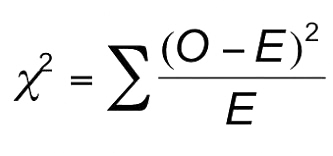TOPIC 6: Organisms Respond to Changes in their Environments
1/17
There's no tags or description
Looks like no tags are added yet.
Name | Mastery | Learn | Test | Matching | Spaced | Call with Kai |
|---|
No analytics yet
Send a link to your students to track their progress
18 Terms
Taxis
A directional movement of an organism in response to a stimulus.
Kinesis
A non-directional movement of an organism in response to a stimulus.
Tropism (Positive & Negative)
Growth response of a plant to a directional stimulus.
Positive is towards a stimulus and Negative is away from a stimulus.
Auxins
Plant hormones promoting growth.
Indoleatic Acid (IAA)
An auxin, produced in the tips of shoots in flowering plants.
Null Hypothesis
Hypothesis stating there is no difference between the factors being investigated.
Chi-Squared
Statistical test where you compare the expected result and the observed result.

Correlation Coefficient
Statistical test where you draw a line of best fit on a graph.
Standard Deviation
Statistical test using a bar chart and error bars to measure deviation from the mean.
T-Test
Statistical test where you compare the results of 2 sets of data.
Sodium Ions (Na+)
Move into the neuron during depolarisation..
Potassium Ions (K+)
Move out of the neuron to repolarise the membrane.
Depolarisation
Process where a neuron's membrane potential becomes less negative, leading to an action potential.
Resolution
Ability to distinguish between 2 seperate points.
Habituation
Reduction of response when a specific stimulus occurs repeatedly.
Baroreceptors
Pressure-sensitive mechanoreceptors found in the walls of blood vessels that detect changes in blood pressure.
Chemoreceptors
Sensory receptors that detect changes in the blood's oxygen, carbon dioxide, and pH levels.
Myogenic Contraction
Muscle’s ability to contract and relax without recieving signals from nerves.